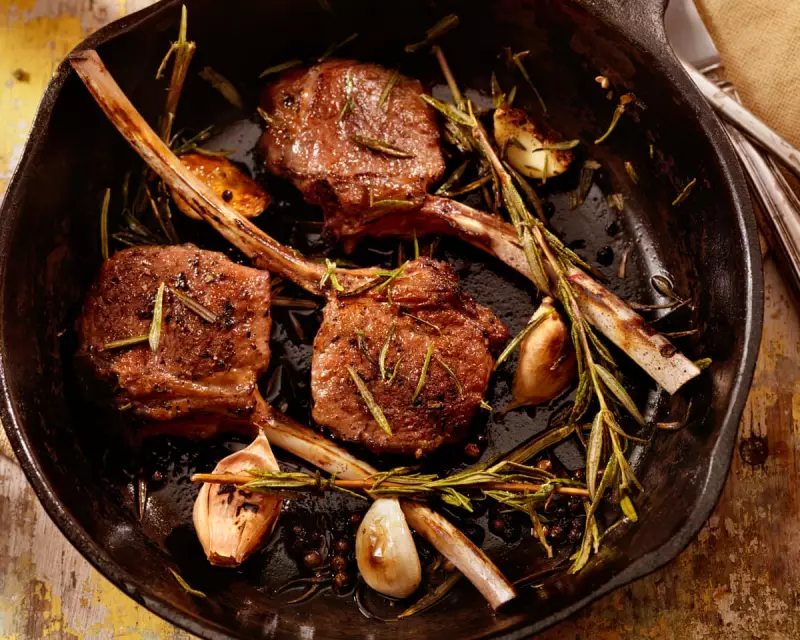
In a quiet revolution sweeping across British kitchens, consumers are increasingly turning their attention to what might be the most overlooked metric on their dinner plates: food miles. While organic and free-range labels have dominated ethical shopping conversations for years, a new movement is prioritising proximity over pedigree.
The Local Advantage
Unlike imported alternatives that may travel thousands of miles before reaching supermarket shelves, low-mileage meat offers several compelling benefits:
- Enhanced freshness and flavour: Shorter supply chains mean meat spends less time in transit, arriving fresher and often tasting noticeably better
- Reduced environmental impact: Cutting transportation distances significantly lowers carbon emissions associated with your food
- Supporting local economies: Buying from nearby farms keeps money within British communities and helps sustain rural livelihoods
- Greater transparency: Knowing exactly where your meat comes from and how it was raised becomes considerably easier
Practical Steps for Consumers
Embracing low-mileage meat doesn't require drastic lifestyle changes. Here are some accessible ways to get started:
- Visit local butchers who can trace their meat back to specific British farms
- Explore farmers' markets and farm shops for direct purchasing opportunities
- Look for clear origin labelling in supermarkets, prioritising UK-sourced options
- Consider joining a meat box scheme from a local farm
- Ask questions about provenance when dining out
The Bigger Picture
This shift toward low-mileage consumption represents more than just a dietary trend—it's part of a broader reassessment of our relationship with food. As awareness grows about the environmental cost of long-distance food transportation, British consumers are voting with their wallets for a more sustainable, transparent, and community-focused food system.
The movement proves that sometimes, the most revolutionary food choices aren't about what we eat, but where it comes from.





